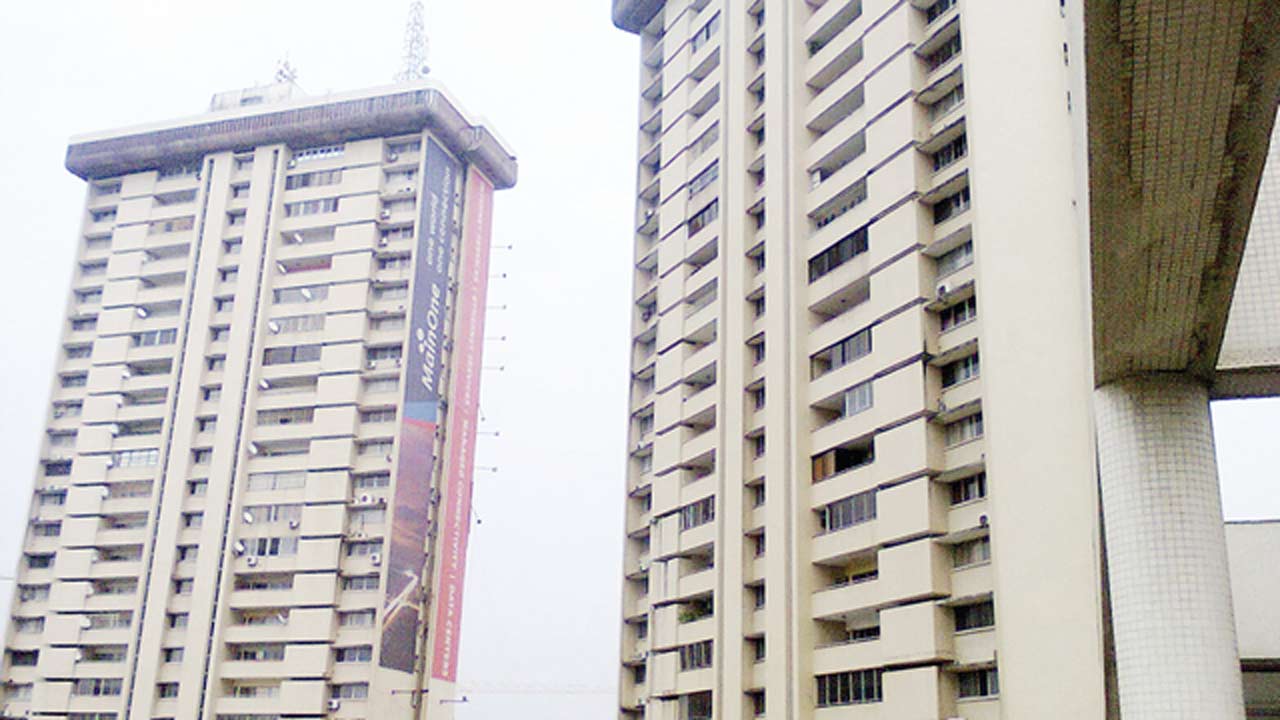As the downturn from coronavirus pandemic squeezes the economy, higher-end and luxury real estate markets have become the hardest hit, as premium apartments property owners record lowest sales in major cities.
In the past five years, high vacancy rate has existed in the luxury segment of the market, especially in Abuja, Lagos and Port Harcourt, but worsened by depressed economic sentiment, and the excess supply of these properties – which is outstripping demand.
Following the global pandemic that has killed more than 500 Nigerians— and dealt a shock to the global economy, thousands of Nigerians have lost their jobs, millions more are staying home and wealthy Nigerians are seeing their stock portfolios plummet. Currently, some employers have cut salaries and prefer their workers to work from home.
The Guardian gathered that amid lockdowns and travel bans, the pandemic has severely impacted every facet of the luxury sector of the real estate market, and dip preliminary outlook for priciest homes. A growing number of sellers are offering large price reductions and incentives to buyers.
Besides, there has been a glut of new luxury residential buildings and a shrinking foreign-tenants pool as some countries such as United States evacuated their citizens in the wake of the pandemic. Expatriates from blue-chip companies and oil firms inhabit most of the posh homes in Ikoyi, Victoria Island and Lekki in Lagos.
Real estate professionals in wealthy locations across the country confirmed the development, and fear the spreading contagion will deal the most severe blow to the upper end of the market.
“The property sector is suffering a decline in all sectors but most especially in the high valued luxury areas. Demand has gone down while the rate of default in payment of rents has gone up,” according to Kola Akomolede, past president, International Real Estate Federation, (FIABCI) Nigeria Chapter.
More properties remain vacant for longer time because there are no people to rent them. Most of the occupiers of these properties are corporate bodies, who have been out of business since the outbreak of the pandemic virus, they are not in a position to pay their rents or rent new ones, Akomolede explained.
It is the same story with house purchases. “To buy a house in such areas like Ikoyi, Victoria Island, Banana Island in Lagos or Asokoro and Maitama in Abuja require several millions of naira, which only the corporate bodies and the super-rich can afford. But since the economy was locked down such money is not available anywhere.”
The Chairman, Royal Institution of Chartered Surveyors (RICS), Nigeria chapter, Mr. Gbenga Ismail, revealed “Abuja market had been depressed before COVID-19 and now it will be further affected. The luxury market, especially rental has been majorly impacted.
“In Lagos immediate impact may not be apparent, being the commercial centre luxury residential will hold its current values and may not be over affected.”
Ismail explained, some leases are not being renewed whilst the wait period to lease predictably might now be longer. This inevitably may force rental levels down.
Akomolede said: “But because of the inelasticity of demand and supply of property, it takes a longer time for this to be reflected in the prices. Hence it may not be immediately noticeable now but I tell you it is happening even if it is marginally.”
While buyers are pausing, a growing number of sellers are not taking the advice of estate agents to reduce prices, making the properties to remain in the market.
“Instead of reducing their prices, they keep on changing the agents thinking that it is the fault of the agent. This is why you see signboards changing from time to time on the same property. No agent can sell a property above what the market dictates,” the principal partner, Kola Akomolede and Company said.
The Chairman, Faculty of Housing, Nigerian Institution of Estate Surveyors and Valuers (NIESV), Chief Chika Okafor, noted that there has been an increased uncertainty in markets all over the country but more pronounced on major cities of Abuja and Lagos. Hence, the resultant effect is that price is now usually lower than the full market price. “It is now, what we call the buyers market.”
For another estate surveyor, Mr. Samson Agbato, the Nigeria real estate market is not immune from the crisis. “The liquidity in the economy dropped and ultimately people’s capacity to purchase. There has been more focus on necessities for survival as against luxury lifestyle.”
Beyond covid, Ismail says, the economic situation may not permit luxury development and with asset value declining, it may mean that cost might overrun value. “This means the return from investment maybe negative in the short term. Therefore only the cash rich individuals can sustainably participate in the luxury real estate market,” he added.
Notwithstanding what has happened now, Akomolede sees it differently, “the future is very bright. Investment in luxury apartment is a good investment any day. The returns are higher, the quality and reliability of the occupiers (tenants) are higher leading to lower rate of default.
“They are easier to deal with when they default because they care for their corporate image compared to those of lower-class properties.”





